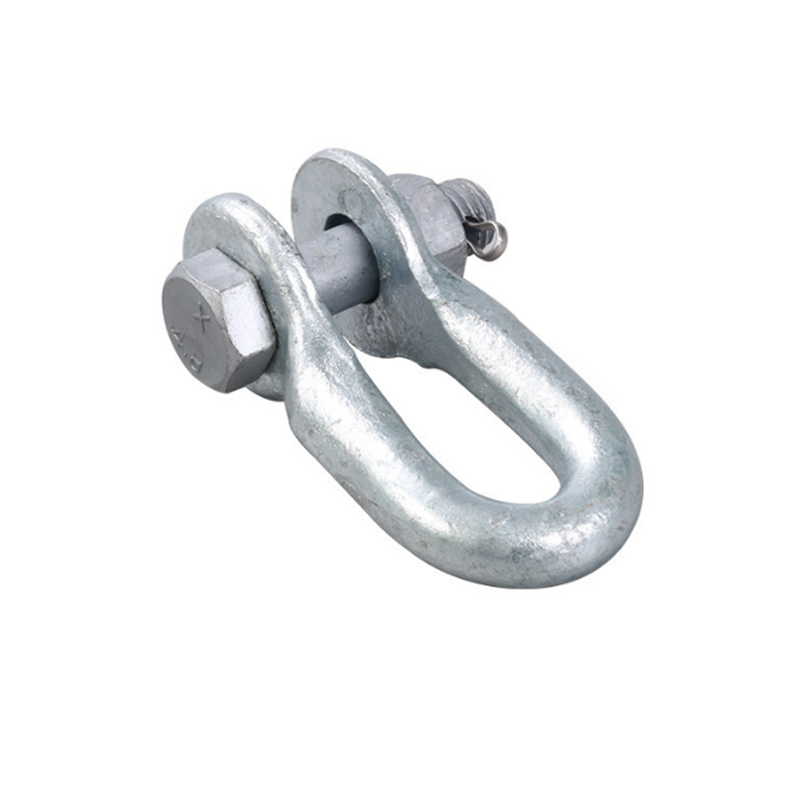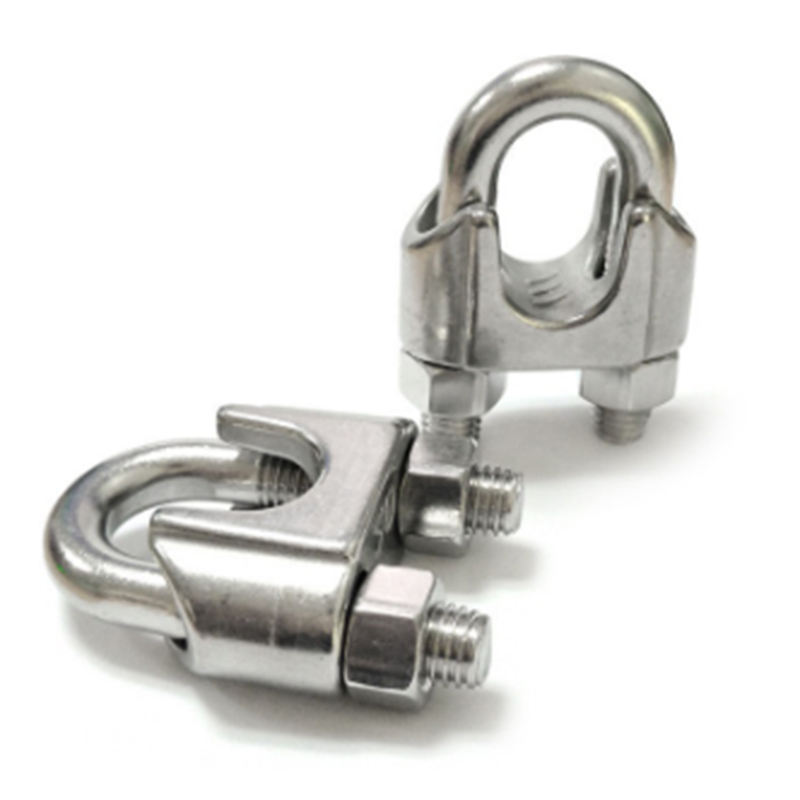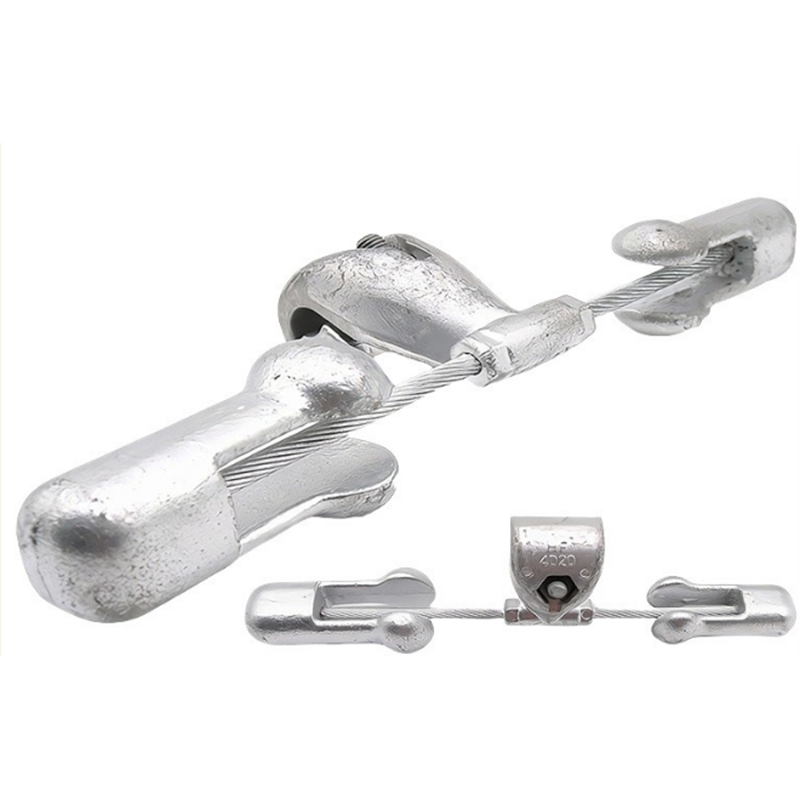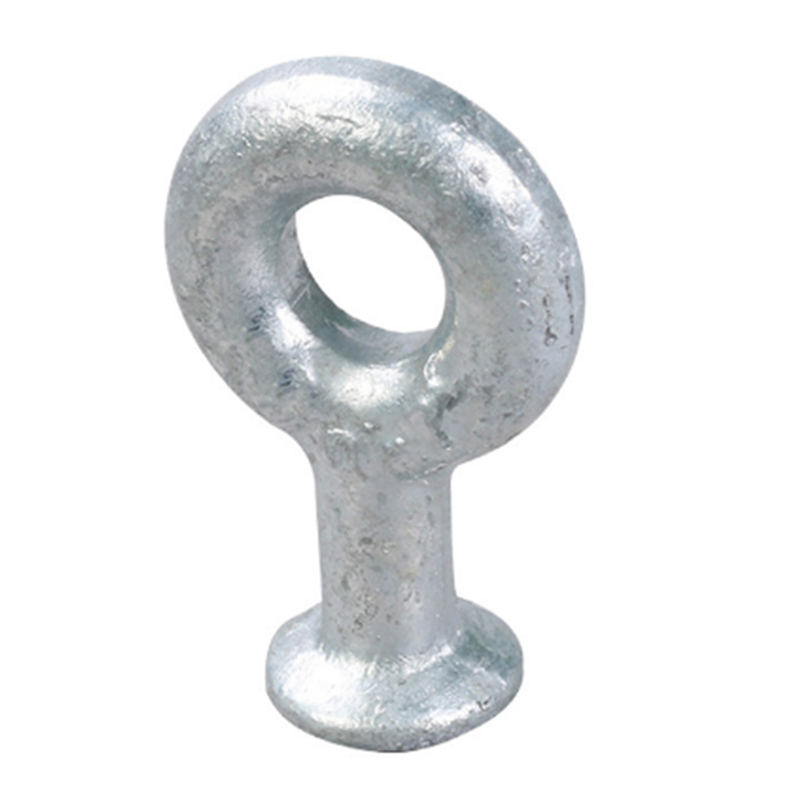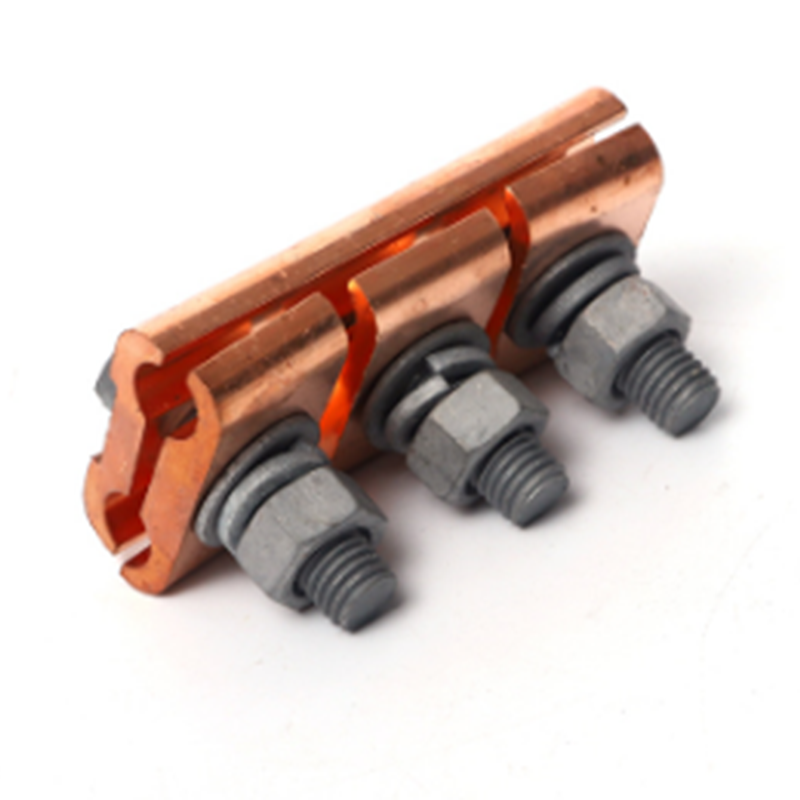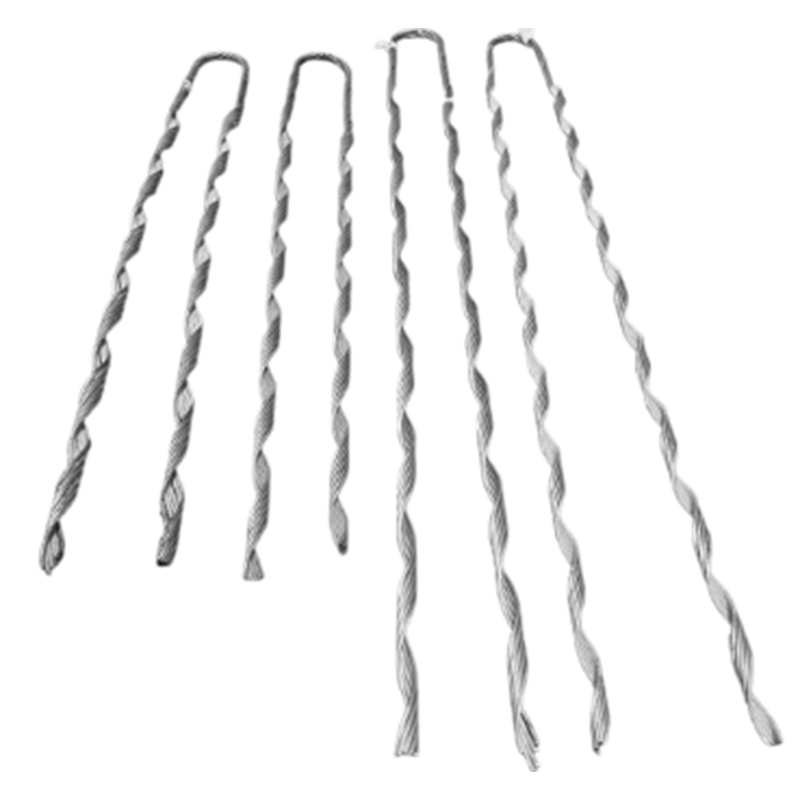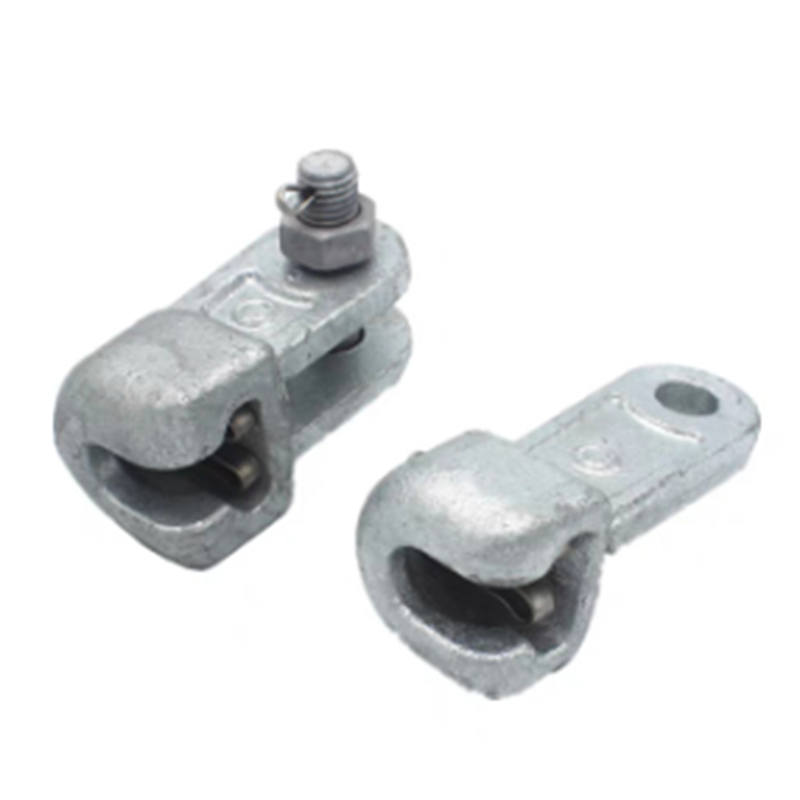- Chinese
- French
- German
- Portuguese
- Spanish
- Russian
- Japanese
- Korean
- Arabic
- Irish
- Greek
- Turkish
- Italian
- Danish
- Romanian
- Indonesian
- Czech
- Afrikaans
- Swedish
- Polish
- Basque
- Catalan
- Esperanto
- Hindi
- Lao
- Albanian
- Amharic
- Armenian
- Azerbaijani
- Belarusian
- Bengali
- Bosnian
- Bulgarian
- Cebuano
- Chichewa
- Corsican
- Croatian
- Dutch
- Estonian
- Filipino
- Finnish
- Frisian
- Galician
- Georgian
- Gujarati
- Haitian
- Hausa
- Hawaiian
- Hebrew
- Hmong
- Hungarian
- Icelandic
- Igbo
- Javanese
- Kannada
- Kazakh
- Khmer
- Kurdish
- Kyrgyz
- Latin
- Latvian
- Lithuanian
- Luxembou..
- Macedonian
- Malagasy
- Malay
- Malayalam
- Maltese
- Maori
- Marathi
- Mongolian
- Burmese
- Nepali
- Norwegian
- Pashto
- Persian
- Punjabi
- Serbian
- Sesotho
- Sinhala
- Slovak
- Slovenian
- Somali
- Samoan
- Scots Gaelic
- Shona
- Sindhi
- Sundanese
- Swahili
- Tajik
- Tamil
- Telugu
- Thai
- Ukrainian
- Urdu
- Uzbek
- Vietnamese
- Welsh
- Xhosa
- Yiddish
- Yoruba
- Zulu
- Kinyarwanda
- Tatar
- Oriya
- Turkmen
- Uyghur

Locking nut bolt
Understanding and Choosing the Right Locking Nut Bolt
Locking nut bolts are vital in maintaining structural integrity, yet they're often misunderstood or overlooked. Dive into the nuances of selecting and using these critical components, drawing from real-world insights and practical experiences.
Why Locking Nut Bolts Matter
You might think a locking nut bolt is just another piece of hardware. Well, in my years in the field, I've seen projects derailed by underestimating its importance. These components are designed to prevent loosening due to vibration or torque. Trust me, the last thing you want is an assembly failing due to a wrongly chosen fastener.
For instance, in environments like railway construction or heavy machinery, the slightest bit of slack can lead to catastrophic consequences. It’s all about finding that exact fit, and that’s where expertise comes in—knowing the right type for the job.
Having worked closely with suppliers such as Shengfeng Hardware Fastener Factory, I’ve come to appreciate the breadth of options available. Located in the Yongnian District, their strategic location enables them to serve a wide range of industries efficiently.
Common Misconceptions
There’s a pervasive assumption that all locking nuts are interchangeable. This couldn’t be further from the truth. I’ve encountered situations where improper selection led to shear failures or, worse, safety hazards. Each type has a specific function—be it for thermal expansion situations or high-load bearings.
Take, for example, the spring washer. Many assume it's a cure-all for every bolting scenario, but that's not the case. Its utility is specific, and it may not suit a dynamic load environment where a different locking mechanism is needed.
Shengfeng's product range on their website, https://www.sxwasher.com, showcases over 100 specifications. It’s a testament to their understanding that one size doesn't fit all. It’s essential to study these options to make informed decisions.
Considerations for Material and Environment
Material choice in locking nuts can be just as crucial as the design. Every metal reacts differently under stress and environmental conditions. From stainless steel to high-strength alloys, your application dictates your choice. Let’s not forget corrosion resistance—I've had projects near coastal areas where this was a decisive factor.
I recall a project where we switched from standard steel to a specialized grade, thanks to insights gained from ongoing consultations with factories like Shengfeng. This minor adjustment led to major improvements in longevity and reliability.
Understanding the geography of your supplier matters too. With Shengfeng's proximity to transport networks, they can efficiently adapt to supply chain needs, which is invaluable when urgency strikes.
Practical Experience and Lessons Learned
I've often learned more from mistakes than successes. One project remains vivid: we initially overlooked torque specs for a critical assembly. It was Shengfeng's technical support that guided us through selecting the proper specced bolts, saving us from potential disaster.
Experience teaches you that assumptions can be costly. Consulting with knowledgeable suppliers can make a significant difference. It’s about collaboration and leveraging their expertise to both save time and reduce risk.
Incorporating their products has improved not only the safety but also the efficiency of my projects. Proper usage of locking mechanisms reduces maintenance requirements—a practical win in any engineer's book.
Conclusion: Optimizing Fastener Selection
Ultimately, the key to using locking nut bolts effectively is understanding the demands of your specific application. Never underestimate the value of a well-chosen fastener.
Shengfeng Hardware Fastener Factory stands out in providing diverse options, and their expertise can be a valuable resource in optimizing your fastener strategy. Visit their site at https://www.sxwasher.com to explore your options.
Locking nut bolts may seem like a small detail, but in the realm of fasteners, they play a significant role in the big picture of mechanical stability and reliability.
Соответствующая продукция
Соответствующая продукция





